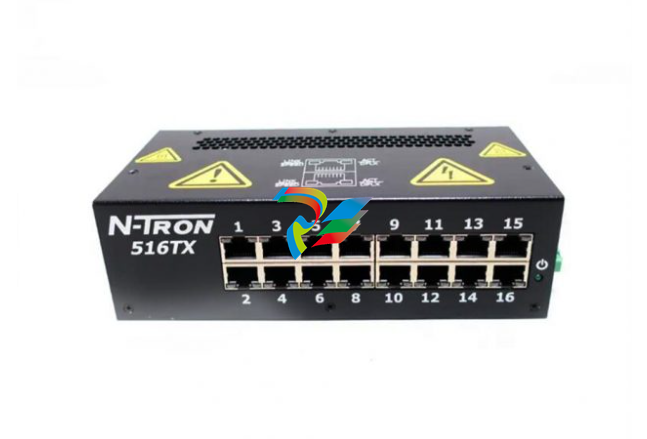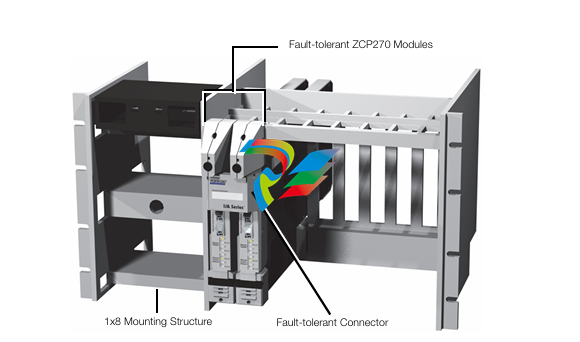
DCS; Industrial control system
Product
Article
NameDescriptionContent
NEW CENTER
Current Location:
The Future and Trends of Petroleum Industry
From:
|
Author:huang
|
Time :2024-11-07
|
327 Browse:
|
Share:
Another approach is to increase the production of biofuels. Biofuels are made from renewable sources such as plant matter and can be used as a substitute for traditional petroleum-based fuels. Some companies are also exploring the use of hydrogen as a clean energy source. Although hydrogen is not yet widely used in the petroleum industry, it has the potential to significantly reduce carbon emissions.
(三)Global Market Dynamics
Global economic and political factors play a crucial role in shaping the petroleum industry. Economic growth in emerging markets such as China and India is driving increased demand for petroleum products. At the same time, fluctuations in global oil prices can have a significant impact on the industry's profitability. Political instability in oil-producing regions can also disrupt supply and cause price volatility.
In addition, the shift towards renewable energy sources is also affecting the petroleum industry. As countries around the world strive to reduce their carbon emissions and increase the use of renewable energy, the demand for petroleum products may decline in the long term. However, the petroleum industry is still expected to play a significant role in the global energy mix for many years to come, especially in sectors such as transportation and industry where alternative energy sources are not yet fully developed.
四、Future Outlook
(一)Emerging Technologies and Their Impact
The petroleum industry is on the cusp of significant transformation due to emerging technologies. One of the most promising areas is the development of advanced robotics and artificial intelligence (AI). In exploration and production, robots can be used for tasks such as inspection and maintenance of drilling equipment in hazardous environments. AI algorithms can analyze large amounts of data from seismic surveys and drilling operations to optimize exploration strategies and predict potential reserves more accurately.
Another emerging technology is nanotechnology. Nanomaterials can be used in oil refining processes to improve catalyst performance and increase the efficiency of separation processes. For example, nanocatalysts can reduce the energy consumption and emissions during refining.
Additive manufacturing, also known as 3D printing, has the potential to revolutionize the production of spare parts for the petroleum industry. This can reduce lead times and costs, as well as improve the availability of critical components.
(二)Changing Energy Landscape
The energy landscape is evolving rapidly, with a growing emphasis on renewable energy sources and decarbonization. While the petroleum industry will continue to play a significant role in the short to medium term, it will need to adapt to these changes.
In response to the increasing demand for cleaner energy, many petroleum companies are diversifying their portfolios by investing in renewable energy projects such as solar, wind, and biofuels. This not only helps them reduce their carbon footprint but also provides an opportunity to tap into new markets and revenue streams.
The shift towards electric vehicles is also a major challenge for the petroleum industry. As the number of electric vehicles on the road increases, the demand for gasoline and diesel is expected to decline. However, the petroleum industry can still play a role in providing lubricants and other products for electric vehicles.
Moreover, the development of hydrogen as a clean energy source presents both opportunities and challenges. Some petroleum companies are exploring the production and distribution of hydrogen, either through steam methane reforming or by using renewable electricity to split water. While hydrogen has the potential to significantly reduce carbon emissions, there are still technical and economic challenges to overcome, such as the high cost of production and the need for a comprehensive infrastructure.
(三)Industry Resilience and Adaptability
Despite the challenges posed by emerging technologies and the changing energy landscape, the petroleum industry has shown remarkable resilience and adaptability throughout its history. As the industry continues to evolve, it will need to focus on innovation, collaboration, and sustainable development.
Innovation will be key to staying competitive in the future. This includes investing in research and development of new technologies and processes to improve efficiency, reduce emissions, and enhance product quality. Collaboration among industry players, governments, and research institutions will also be crucial for addressing common challenges and accelerating the development and deployment of clean technologies.
Sustainable development will be essential for the long-term viability of the petroleum industry. This means not only reducing the environmental impact of its operations but also contributing to social and economic development. Petroleum companies can do this by implementing sustainable business practices, such as reducing waste, conserving water, and supporting local communities.
In conclusion, the future of the petroleum industry is 充满不确定性 but also full of opportunities. By embracing emerging technologies, adapting to the changing energy landscape, and focusing on sustainable development, the industry can continue to play a vital role in meeting the world's energy needs while minimizing its environmental impact.























.jpg)












































.jpg)
.jpg)





.jpg)



.png)
.jpg)

.jpg)
_lVjBYb.jpg)

.jpg)
.jpg)



.jpg)
.jpg)







.jpg)

.jpg)
.jpg)











.jpg)





